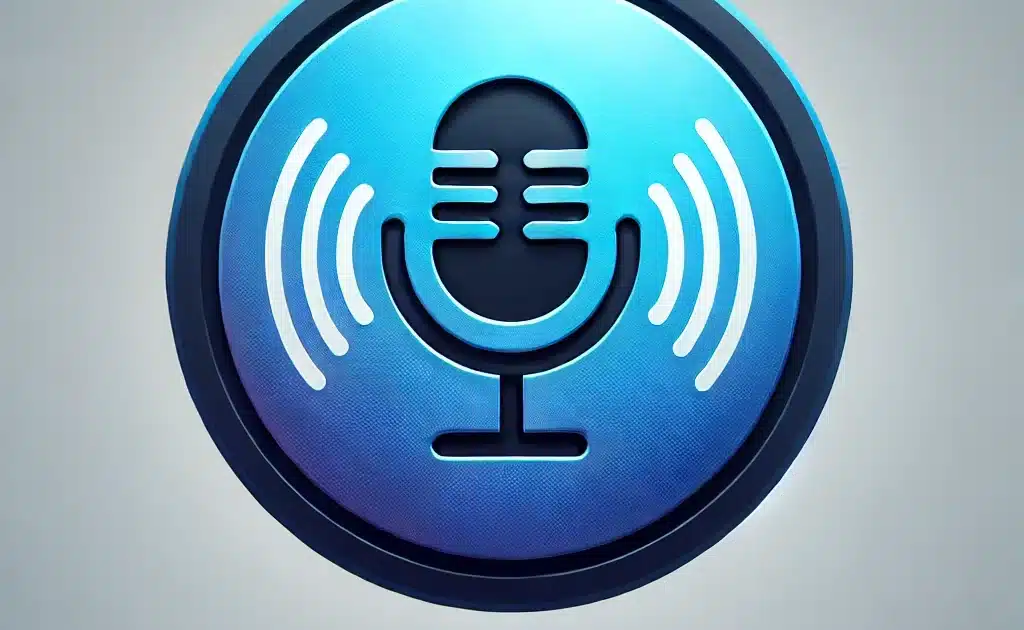ChatGPT: Transforming Education and Jobs in L&D

In the not-so-distant past, when we imagined the future of learning and development, we pictured classrooms filled with whiteboards, books, and instructors. Now, we find ourselves on the verge of something radically different. The rise of artificial intelligence, particularly with the introduction of advanced models like ChatGPT, has shifted the landscape. But this shift isn’t just about incremental changes in how we learn or train; it’s a paradigm shift in what it means to teach, learn, and work.
Take, for instance, the new voice mode introduced with ChatGPT’s latest models. It’s not merely a feature; it’s a reimagining of how we interact with information. You speak, the AI listens, and what follows is a dialogue, not a monologue. You can interrupt, question, and redirect the conversation. Gone are the days of waiting for lengthy responses or struggling with unclear instructions. The responsiveness, the back-and-forth nature, mimics human conversation but with the precision and speed of a machine. This makes the process of learning not only faster but more intuitive. It feels less like a session with a tutor and more like a conversation with a well-versed colleague.
Now, think about the implications for translators, coaches, and educators. Traditionally, these roles have relied on human expertise—empathy, nuance, and adaptability. But AI has begun to step into this space, not as a replacement, but as an enhancement. A translator powered by AI doesn’t just convert languages; it understands context, tone, and culture, offering near-instantaneous translations with accuracy that was unimaginable just a few years ago. Similarly, a coach using AI can provide feedback tailored to a learner’s unique pace, strengths, and weaknesses in real time. It’s personalized learning at a scale never before possible.
The efficiency gains are clear. Imagine an organization rolling out a global training program. Instead of hiring a cadre of trainers, an AI could lead those sessions, translating materials into multiple languages on the fly, answering questions instantly, and adapting the delivery to the needs of each learner. This isn’t a dream of the future; it’s happening now. And with these advancements, the role of the trainer shifts. Trainers are no longer the sole gatekeepers of knowledge but become facilitators of AI-driven learning experiences.
But efficiency isn’t the only outcome. There’s also the profound impact on the learning experience itself. Traditional models of education have long been criticized for their rigidity. Everyone learns at a different pace, yet we’ve often applied a one-size-fits-all approach. With AI, this is no longer necessary. Learners can move at their own pace, revisit materials as needed, and engage with the AI in ways that cater to their individual learning styles. This transforms learning from a passive activity into an active, dynamic engagement.
Still, these advancements raise important questions about the future of work. If AI can deliver personalized training, offer instant translations, and serve as a coach, what happens to the roles traditionally filled by people? For learning and development professionals, this means a shift in focus. The value will no longer be in the delivery of content but in curating, designing, and optimizing the learning experience. The human touch will still be needed, but it will be less about the act of teaching and more about understanding how people learn best—and how to use AI to facilitate that.
AI is not here to replace jobs; it’s here to change them. The demand for empathy, creativity, and strategic thinking will grow as routine tasks are automated. Trainers, educators, and coaches will become experience designers, tasked with crafting learning journeys that integrate both human and machine expertise. Those who embrace these tools will find themselves not diminished, but empowered.
We are at the cusp of a new era in learning and development. The advancements in AI, from voice interaction to real-time translation, are not just technological milestones—they are changing the way we think about education and work. And as these tools become more integrated into our daily lives, they will redefine what it means to learn, teach, and grow in ways we are only beginning to understand.
